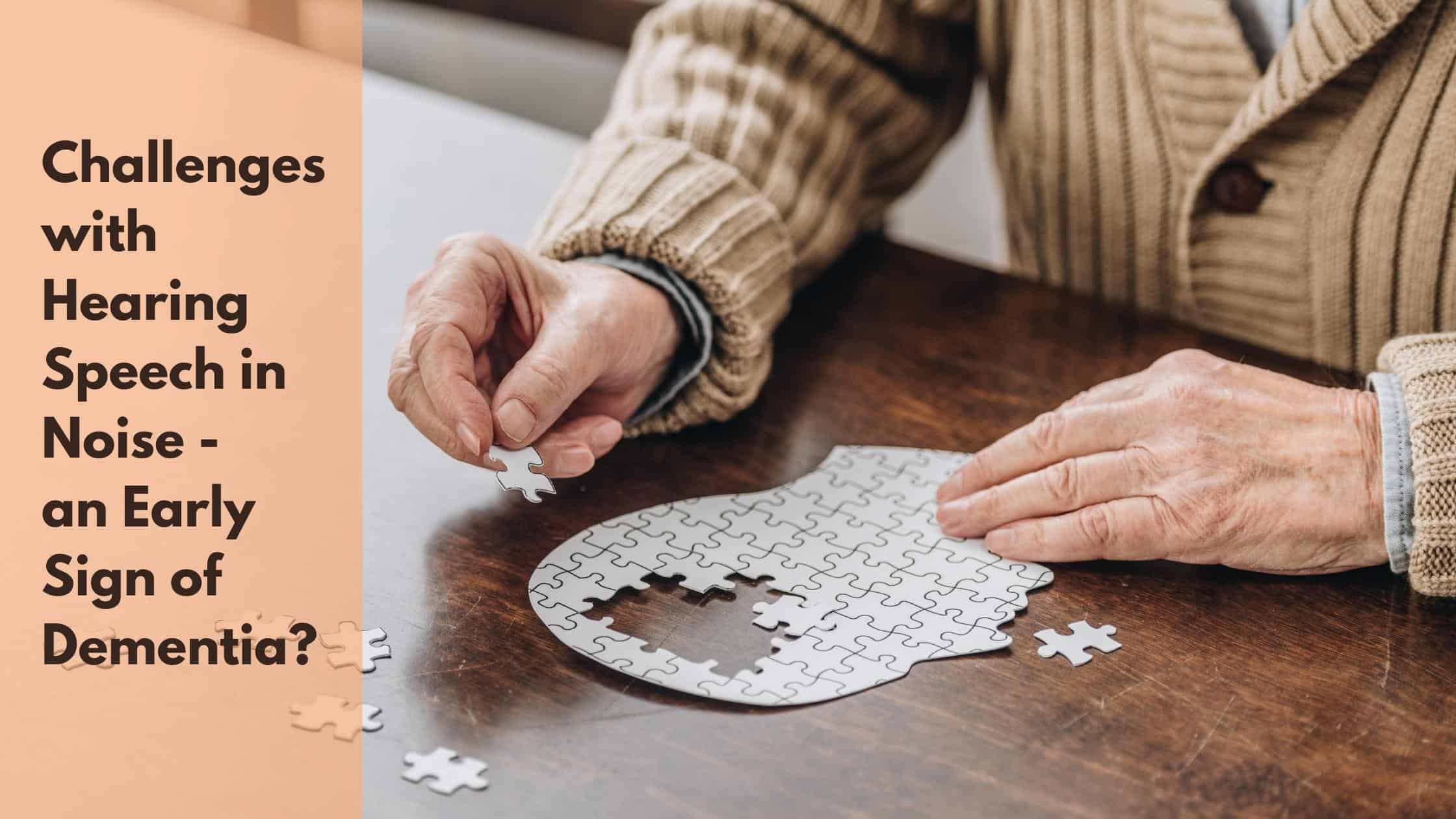
- A Step-by-Step Look at How Hearing Aids Make Sounds Sharper - May 5, 2025
- Causes of Conductive Hearing Loss? - April 27, 2025
- Can Treating Hearing Loss Reduce Stress? - April 15, 2025
Do you have trouble hearing in noisy spaces? Most people do. However, for those with hearing loss, it can be an extra challenge. Normal hearing allows us to not only follow the conversation but to identify the direction, proximity, and speed of sounds all around us. This in collaboration with our other senses informs us of the world around us and sense of space. It can also be a challenge to identify the person speaking we want to hear in a noisy room, as competing sounds can be confusing. This is often a sign of neurological damage due to noise, called hidden hearing loss, and has been linked to higher instances of dementia.
Hearing Loss Occurs Gradually
When you attend a hearing exam the quietest sounds, pitches, and tones that can be deciphered are noted, to identify the degree of a hearing loss. However, a hidden hearing loss cannot be identified in this way. This is because hidden hearing loss appears when hearing sound in noise. While standard hearing tests are measured in a soundproof room, hidden hearing loss escapes detection. Instead, specific tests where speech in noise is measured are required to catch this type of hearing deficiency. While researchers are not completely sure what causes hidden hearing loss, many suspect it can be due to long-term exposure to low levels of noise, commonly caused by noise pollution.
Another possible cause may be neurological. Discovered in 2017 issues with cells that create myelin, a substance that insulates brain cells within the ear. This is often caused by chronic inflammation caused by autoimmune disorders such as Lupus or some viruses.
Studies Linking Dementia and Hidden Hearing Loss
One ambitious study collected data from more than 80,000 people over 11 years to explore the effects of struggling to hear speech in noise as an early-warning sign of later-life dementia. “Difficulty hearing speech in background noise is one of the most common problems for people with age-related hearing impairment,” explains Jonathan Stevenson, lead author of the study. “This is the first study to investigate its association with dementia in a large population.”
The Study’s Findings
Speech in noise impairment was evaluated by asking subjects to identify numbers spoken amidst white noise. The researcher grouped the subjects into three different degrees of hearing ability: normal, insufficient, and poor. At the end of the 11 years of the study, researchers identified 1,285 new cases of dementia in the cohort. When compared to those with normal hearing in speech in noise at the start of the study, those with issues in hearing speech in noise were determined to be 61% more likely to develop dementia, and those in the poor speech in noise hearing were 91 percent more likely.
“While most people think of memory problems when we hear the word dementia, this is far from the whole story,” explains Katy Stubbs, from Alzheimer’s Research UK. “Many people with dementia will experience difficulty following speech in a noisy environment. This study suggests that these hearing changes may not just be a symptom of dementia, but a risk factor that could potentially be treated.”
Do Hearing Aids Help Prevent Dementia?
Hearing aids can amplify sounds around you that you may not have heard for years. This not only stimulates auditory areas of the brain but allows improved social connection. Both factors are major factors for increased risk of dementia later in life. Jason Warren, University College London (UCL) neurologist, believes that the implications of this study could be far-reaching if it can be established that treating mid-life hearing impairment reduces later-life dementia risk. Asking some important questions is the first step in establishing this connection.
“Does reducing noisy listening promote dementia or is it an early warning ‘stress test’ for the aging brain?” Asks Warren. “What is happening in the brain as hearing loss occurs? And what should we recommend to older people worried about their hearing and wishing to protect their memory?”
Seeking Treatment
While study after study seems to point towards a strong connection to hearing loss and dementia, researchers are still discovering the best prevention methods. Regardless, hearing aids can help people stay more connected to the people and the life they love. Invest in your future now by scheduling a hearing exam today.
